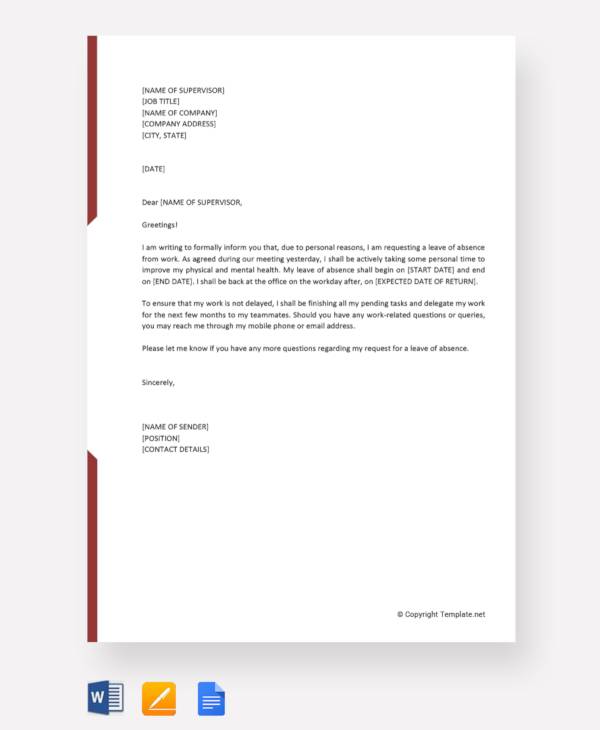

Did you leave on good terms? –If you can state that you are still in touch with your previous manager (even better, he is one of your references), that will go a long way in demonstrating that you were a good employee and have good relationship skills.Did you leave voluntarily? - If you were let go, your interviewer will want to try to determine if it was because of performance or integrity issues.Did you leave for a good reason? - If you left on a whim or for an odd reason, the interviewer will wonder if they can trust you to be responsible, loyal, and reasonable.Here are some things your interviewer is likely looking for: Your reasons for leaving a job are always relevant to a potential employer. However, you should also be prepared to discuss all of your previous job transitions, especially if you left after a short tenure or have a resume gap. Why did you leave Position X? Interviewers will be most interested in your current or most recent position.

Maybe you are a new grad who is making the transition from an internship or part-time work to a “real” career-track job. Maybe you quit your last position or were laid off.
#Reason for leaving job example professional
There are several ways a hiring manager may broach the topic of your last job, and “Why did you leave your last job?” is not the only cue that they want to discuss your recent professional history that may come up.

For example, why did you leave your last job after only two months? Or maybe you are making a big career change, and need to explain your goals and motivations. Other reasons for leaving a job will require more explanation. Sometimes the reason for leaving a job is obvious and the answer is easy - you left your internship because it was a summer internship and summer ended. Unless you have never worked a day in your life (in which case, you should be focusing on other job interview challenges), you will need to be able to talk about why you left your last job and/or why you want to leave your current job.


 0 kommentar(er)
0 kommentar(er)
